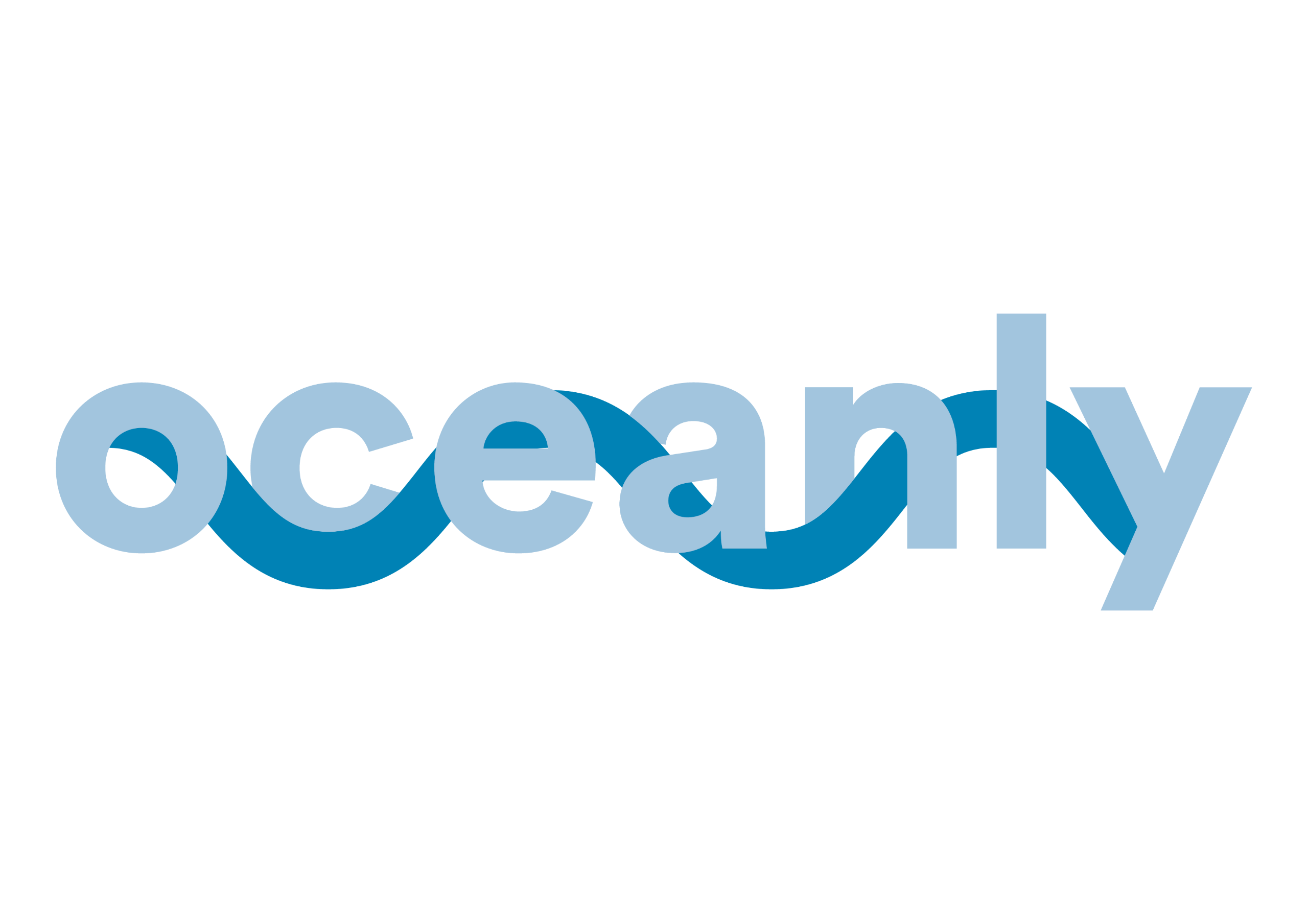
Oceanly Science is an independent science company that can provide research and advice for coasts, oceans and climate around Aotearoa New Zealand + globally. Think STEM, tech, solutions. And a smidge (ocean) advocacy. The oceans and climate are intimately connected in ways that affect us all: weather, changing ecosystems and extreme events.We're a team of ocean scientists and technical experts with a passion for high quality, solutions-focused research. We love what we do, and we want to make sure that the data we collect is accessible, understandable, and useful.
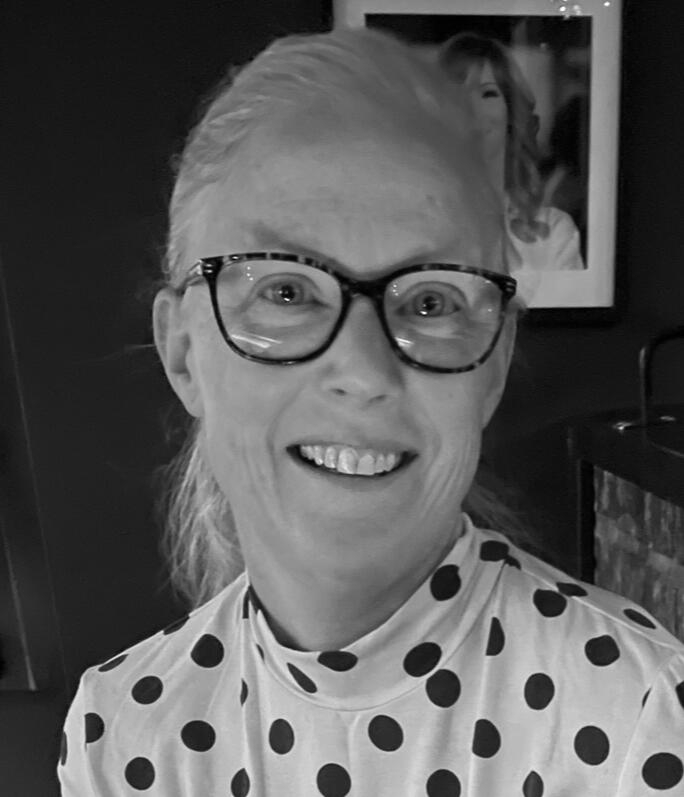
Joe O'Callaghan
Being in or on the ocean is Joe’s happy place. Dr Joe O’Callaghan is a research scientist with 20 years experience. She uses an observational approach to better understand the ocean areas where people work and play. Autonomous technology is the future of ocean science, and having underwater gliders roaming the ocean is helping Joe and the Oceanly team to unlock knowledge between physics and biology. Joe is the Director of Oceanly.
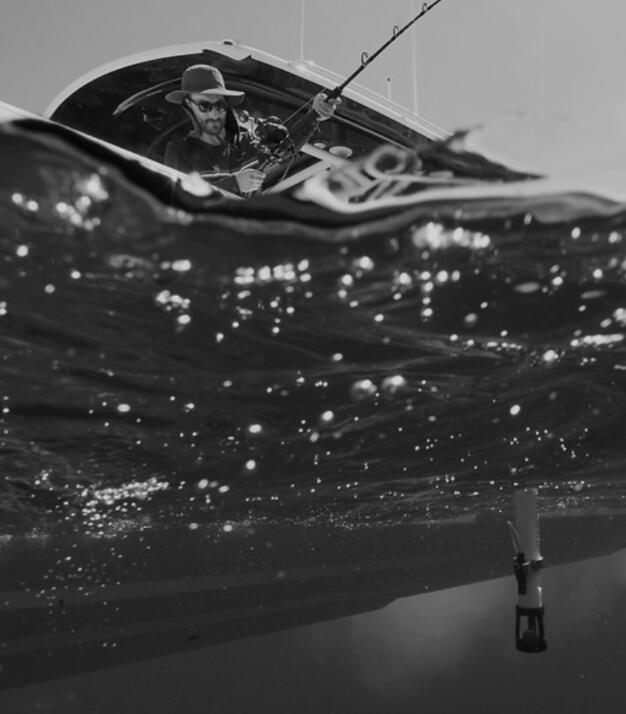
Arnaud Valcarcel
Arnaud is a postdoctoral fellow at Oceanly. His research is focused on biophysical processes relevant for productivity of mesophotic reefs. After studying fundamental physics and astrophysics in France, he transitioned to environmental physics research after reading news about 2016's hurricane Matthew death toll and realising the urgency of understanding our changing climate. As a keen surfer and fluid dynamics major, getting involved in ocean research felt natural and a few years later he finished his PhD in ocean turbulence with the University of Otago and NIWA in Wellington. His research focused on quantifying the mixing of water masses that energetic turbulence stimulates in coastal seas. There, high winds and fast tides affect ocean stratification and energy transfers, which ultimately govern biological interactions. He's played with ocean glider observations and vessel-based profiling instrumentation to quantify these processes. Arnaud spent time on small and large research vessels during his time doctoral studies.
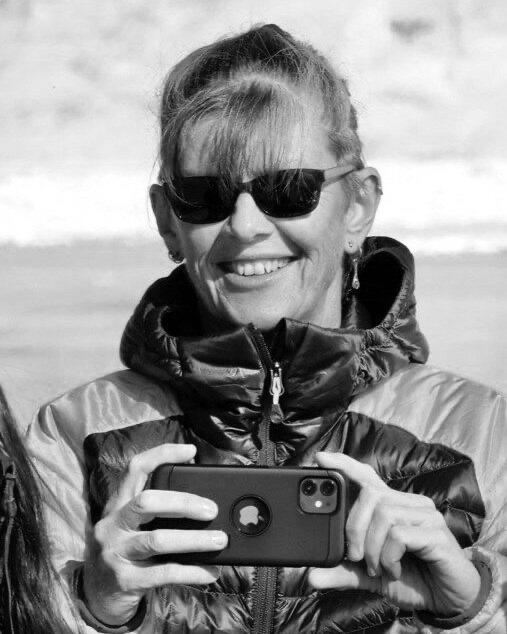
Sarah Searson
Sarah is a marine technician extraordinaire, spending close to 7 years of her life at sea. 100 voyages, 34 different research vessels and 10 commercial vessels. Sarah is specialist in marine data collection and knows what’s what to get vessel-based research done.Sarah has worked as part of a team and independently and has experience in many areas, many instruments, sensors and samples. Attention to detail, quality control, and how to troubleshoot problems are her jam.
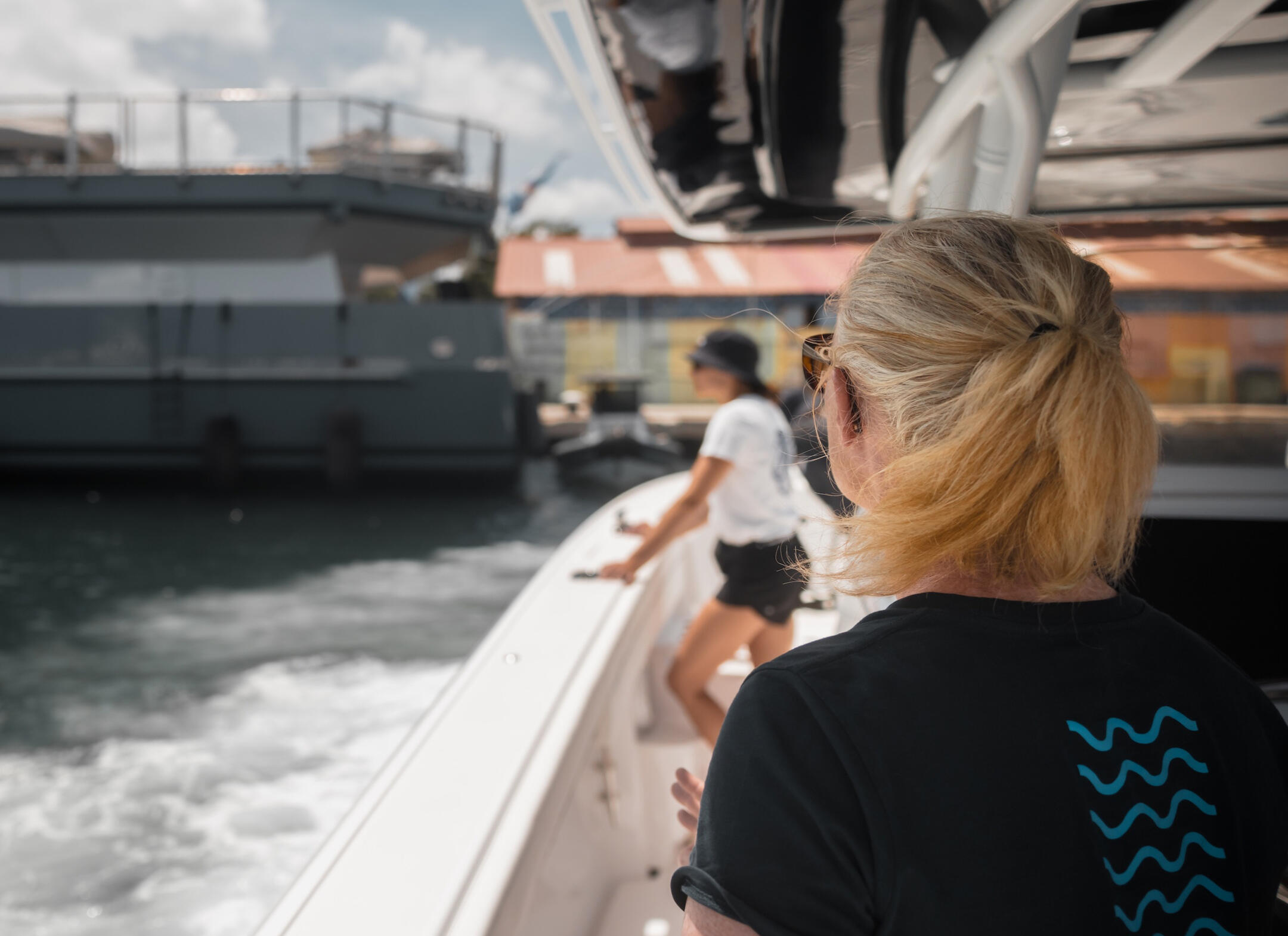
Work
The Oceanly team work on a range of science projects both within Aotearoa and internationally. A taster of ongoing projects are below:Inkfish Mesophotic Reef EcosystemsUncovering where mesophotic reef ecosystems occur, where they thrive and how they contribute to shallow reef resilience and productivity remains a challenge. One of the big unknowns, oceanographically, is the role internal waves play in regulating ocean productivity affecting reef ecosystems. Internal waves are subsurface waves that can be large - up to hundreds of metres high, and may increase oceanic carbon sinks. Conceptually, internal waves can transport nutrient-rich, deeper water into the shallow, photic zone which becomes available for phytoplankton growth, underpinning the ocean food chain and providing connections and interdependence among depth zones. Yet, understanding the where, when and so what, remains an ongoing challenge. To better understand the forces governing the productivity and vulnerability of mesophotic and shallow reef ecosystems we will use autonomous underwater gliders and moored monitoring stations armed with sensor arrays to capture biophysical oceanographic data.
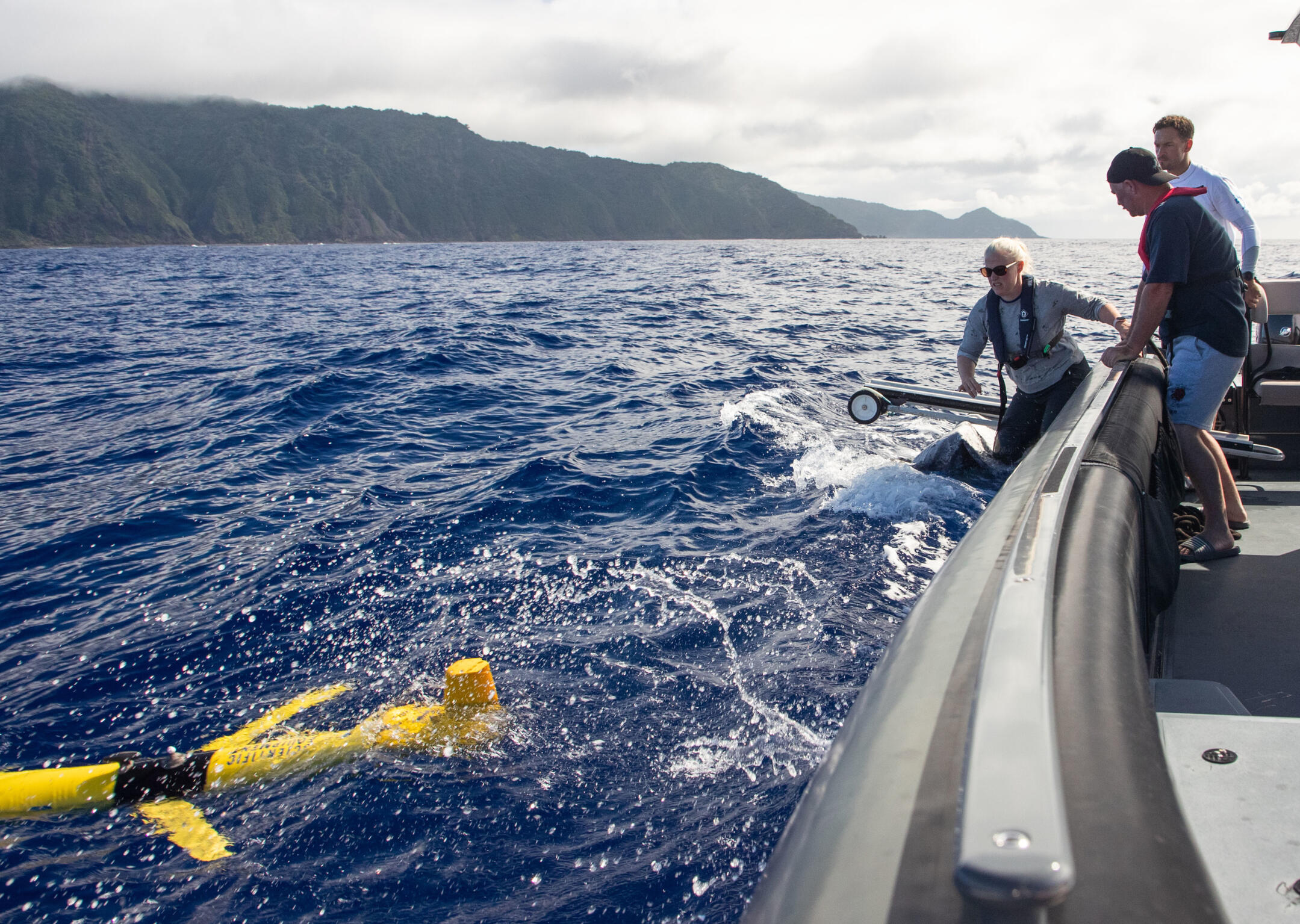
Te Mana o RangitahuaTe Mana o Rangitāhua is a Ngāti Kuri-led research programme that is creating new mātauranga and establish tikanga to transform conservation and environmental management practice in Aotearoa. Rangitāhua is globally unique and scientifically defined as ‘pristine’. The islands straddle a region of the planet where temperate and tropical ecosystems collide and are the only subtropical, nutrient poor habitat within New Zealand’s EEZ. An overarching programme objective is to have a holistic approach to transform ecosystem wellbeing which is underpinned by having integrated knowledge of the full ecosystem, inclusive of birdlife, land, ocean, and people.
Kia ora!
Joe O'Callaghan will be in touch soon